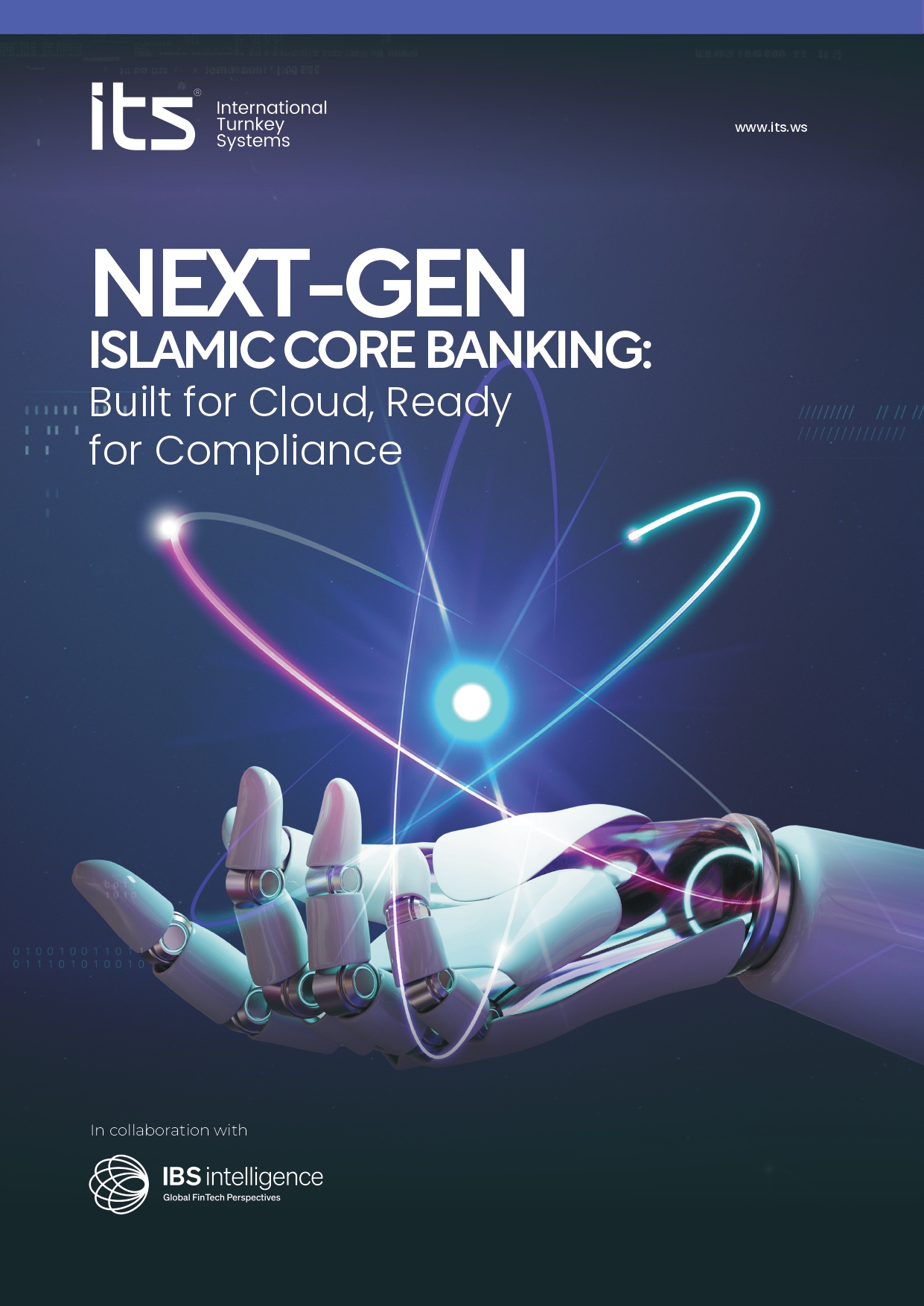Islamic finance is scaling new heights, delivering over US $3.88 trillion in assets in 2024—a remarkable 14.9% annual growth rate—and setting its sights on a projected US $7.5 trillion global market by 2028. As the sector evolves under the twin pressures of digital transformation and regulatory reform, institutions face an urgent need to modernise their core banking platforms; without compromising the foundational ethics of trust, transparency, and Shariah compliance.
This next-generation whitepaper, developed by ITS in collaboration with IBSi and key industry partners, presents a strategic blueprint for Islamic banks. At the centre is a composable, cloud-native core banking solution that empowers institutions to rapidly launch Shariah-compliant products, automate ethical verification, and expand securely across jurisdictions. Unlike rigid legacy platforms, modular and API-driven architectures here not only support speed and personalisation but also embed compliance and resilience into day-to-day operations.
Crucially, the asset highlights the shift from manual oversight to real-time, automated assurance, including dynamic policy-as-code, audit-ready logs, and cross-market deployment frameworks. As cloud adoption deepens, banks gain greater agility, continuous innovation, and lower infrastructure costs. These capabilities aren’t just operational wins—they are the foundation for scaling ethically aligned fintech partnerships and creating smarter, more trusted financial ecosystems.
Industry leaders recognize this journey as transformative: “Cloud and composable banking architectures are emerging as pivotal enablers of Islamic banking transformation, embedding Shariah compliance into the very fabric of banking operations,” notes IBSi. Meanwhile, market experts forecast sustained growth driven by strong financing demand in key regions.
Step inside the future of Islamic core banking. Join the movement to build systems that scale ethically, evolve intelligently, and uphold the highest standards of faith-based finance—with technology as the new engine of trust and accountability.

